Calculated Risks
Entrepreneurs have a reputation for being risk-takers.
While it is true that they try things that might not work. Or, even try things that are hard (or seem impossible from the outside).
It is not true that most relish the opportunity to take on a plan doomed to fail. Or jump out of a plane unprepared. Blind. Without thinking.
What they usually do is take calculated risks.
They examine what needs to happen for success and estimate if that's possible, given their capabilities.
They look at the possible failure points and ask what could go wrong. They prepare a contingency plan for the worst scenario.
In our conversation, Bart Peute told me he's not fond of taking big risks.
Yet, he's done things that many view as risky:
He quit his job to become an entrepreneur;
He hired a programmer to build a ticketing platform, before having any revenue;
He bought a piece of software for 10s of thousands of euros.
How is that not taking risks?
Before quitting his job, he saved up the money to be able to pay his fixed costs for 6 months. If in the worst scenario, he wouldn't be able to make it work in 6 months, he could always find another job again.
He'd lose the money and potential income of that half year. But he'd be ok and still have plenty of opportunities to make back that lost income.
Before starting to build a ticketing platform, he had found a festival organizer where 50% of potential customers stopped the process of buying a ticket in creating their profile.
So, he approached them and asked: "If I can create a platform that could make the ticket buying process as simple as 3 clicks, would you be interested?".
They were. And, he had a launching customer. So, he hired a friend to start building the platform.
Then, the platform needed extra features. There was a platform in South Africa that already had those features.
He could buy their software, or build out the platform themselves. Building themselves seems safer because it costs less today. But it's slower and could actually cost more in the long run.
So, he hopped on a plane and struck a deal.
He's not alone. Richard Branson famously didn't start Virgin Atlantic by betting the house (i.e. Virgin Records) and buying loads of airplanes.
Instead, he convinced Boeing to lease him a secondhand 747 aircraft for a year.
He capped the downside.
Yes, it might not work. But in examining the scenarios, some uncertainties are actually within your control.
And some worst-case scenarios can be mitigated.
Like Bart said: "I don't like taking big risks. I prefer taking calculated risks."
During our conversation, we also talked about remaining calm in stressful situations and selling his company. And about apple pie.
